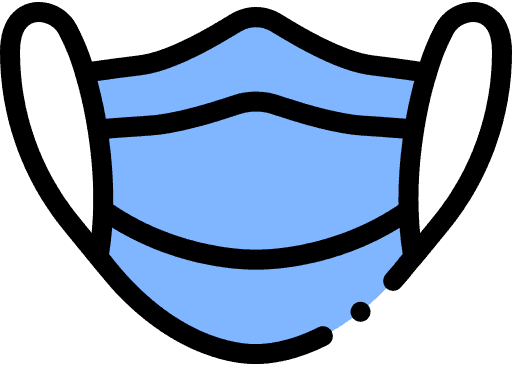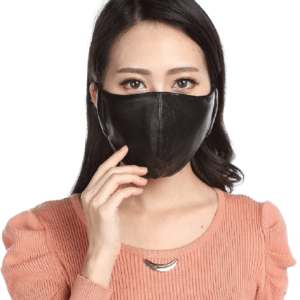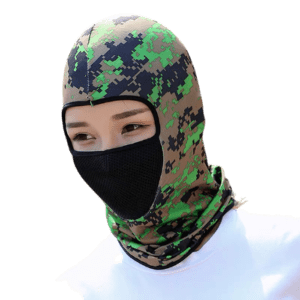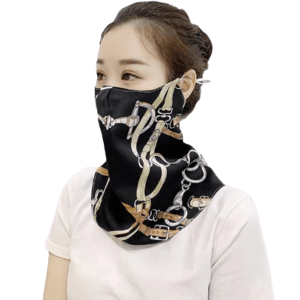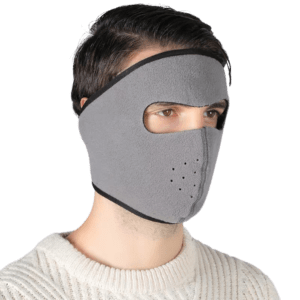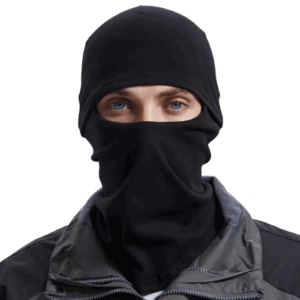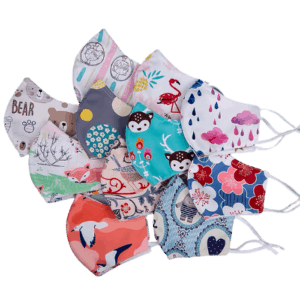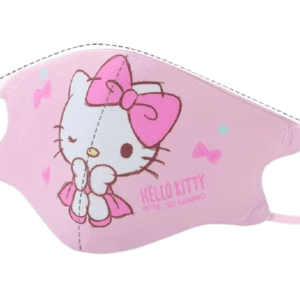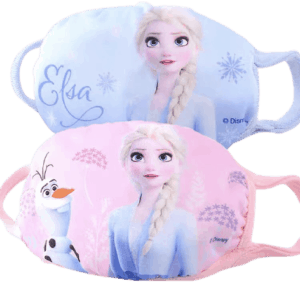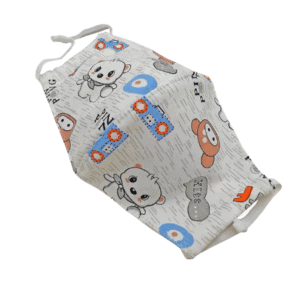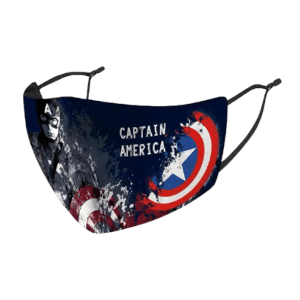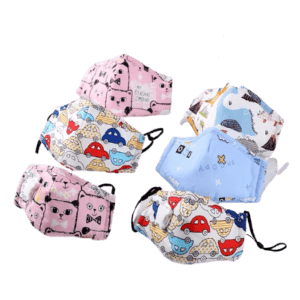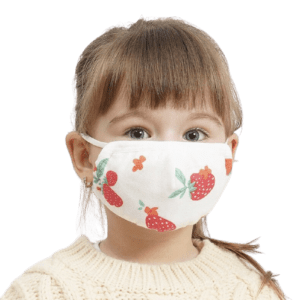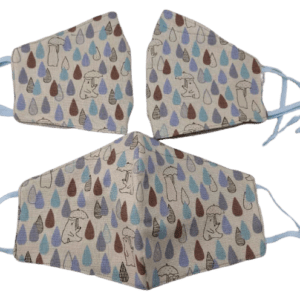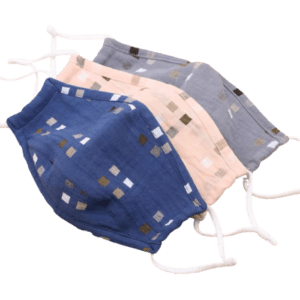Sourcing bulk fabric masks compatible with PM2.5 filter inserts is a process that demands more than finding a low-cost factory. It requires a careful balance of filtration performance, product comfort, and supply chain reliability. Over the years running my business in Keqiao, Zhejiang — the heart of China’s textile industry — I’ve watched many overseas buyers succeed by prioritizing quality, but I’ve also seen others lose money when they underestimated the importance of proper standards and supplier relationships.
The simple truth is that your masks need to meet international filtration standards, be comfortable enough for daily wear, and arrive on time to your warehouse. That means working with a manufacturer who offers comprehensive testing, a reliable production schedule, and competitive pricing that won’t compromise product quality.
In this article, I’ll break down every step of sourcing PM2.5-compatible fabric masks in bulk — from understanding the standards to managing logistics, so you can make confident decisions for your business.
Understanding PM2.5 Filter Mask Standards
PM2.5 filters are designed to capture fine particles smaller than 2.5 microns. These particles are often found in urban pollution, wildfire smoke, and industrial areas, and are small enough to penetrate deep into the lungs. While many fabric masks on the market claim to be “PM2.5 compatible,” the truth is that not all of them pass real filtration efficiency tests. The mask’s design, stitching precision, and filter pocket alignment can dramatically influence performance.
I’ve seen cases where buyers assumed all filter pockets were equal, only to have their products fail under GB/T 32610-2016 testing. This is why verifying both material density and structural design is essential before committing to large orders.
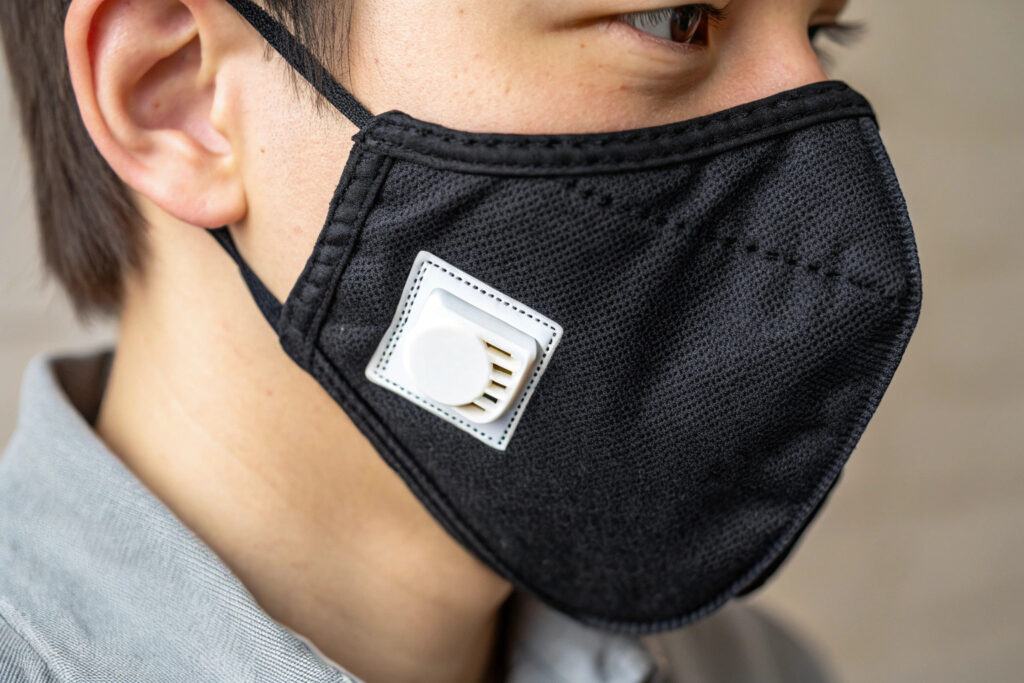
What certifications should you check before placing an order?
When working with a supplier, always request valid certification reports such as GB/T 32610-2016 for Chinese domestic standards or ASTM F3502 for the U.S. market. These documents prove that your masks have been tested for particle filtration efficiency (PFE) and breathability. Additionally, a BFE (Bacterial Filtration Efficiency) report strengthens your product’s market appeal, even if bacteria protection is not your main selling point.
How does mask design affect PM2.5 filter performance?
A high-quality PM2.5-compatible mask must have a tight seal around the nose and chin to prevent air leakage. In my experience, contour-shaped masks with nose wires and adjustable ear loops outperform flat-fold models in preventing side gaps. Some premium designs, like those offered by Airinum, also use multi-layer fabrics with hydrophobic coatings, which can extend the life of the filter and maintain wearer comfort.
Evaluating Bulk Mask Suppliers
The success of your bulk mask order depends heavily on choosing the right supplier. Even if you have the best design, working with an unreliable factory can result in late shipments, high defect rates, or unexpected quality downgrades.
I’ve built relationships with clients over years by being transparent about capacity, raw material sourcing, and lead times. In return, they trust us to meet their production schedules — even during peak demand seasons.
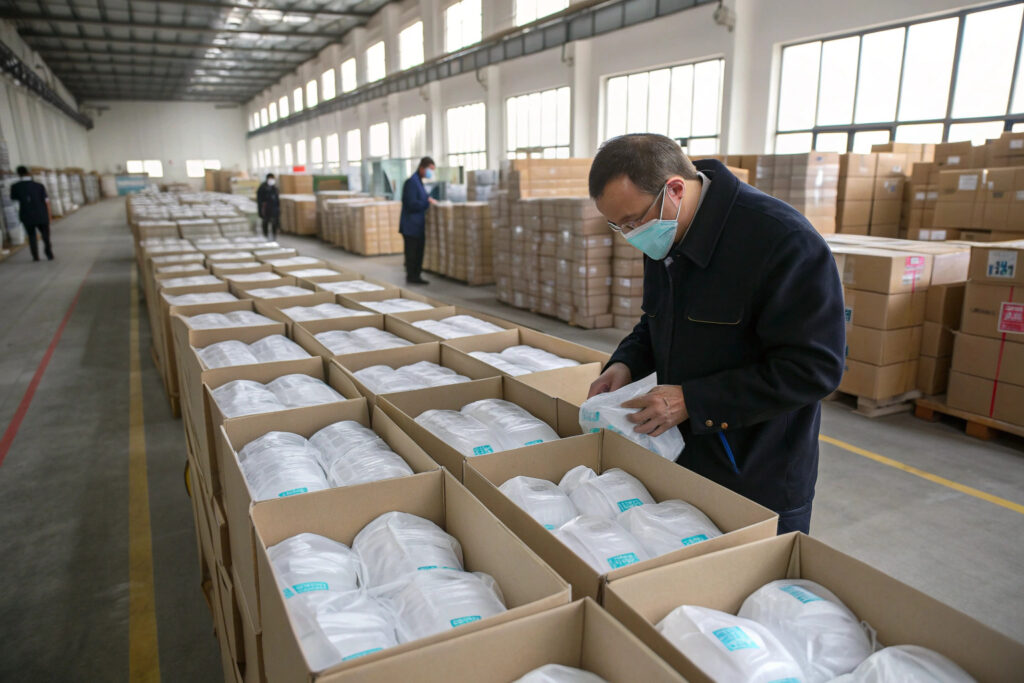
What questions should you ask before signing a bulk contract?
Before committing, you should ask for the factory’s monthly production capacity, sample lead time, and client references. Reliable suppliers won’t hesitate to provide this. Tools like ImportYeti allow you to check a factory’s shipping history, helping you verify whether they have experience exporting to your target markets.
How to negotiate MOQ and pricing without losing quality?
Negotiating the lowest possible price often backfires when suppliers cut corners. Instead of squeezing the price, research global cotton prices and understand the cost of raw materials. This helps you negotiate from a position of knowledge. You can also request tiered pricing based on volume, ensuring that larger orders get better rates without sacrificing quality.
Logistics & Tariff Considerations for U.S. Buyers
Shipping costs and tariffs can quickly erode your profit margins if not managed properly. In the last few years, global supply chain disruptions have caused freight rates to swing dramatically. As a manufacturer, I work closely with forwarders to secure stable rates and ensure timely delivery.
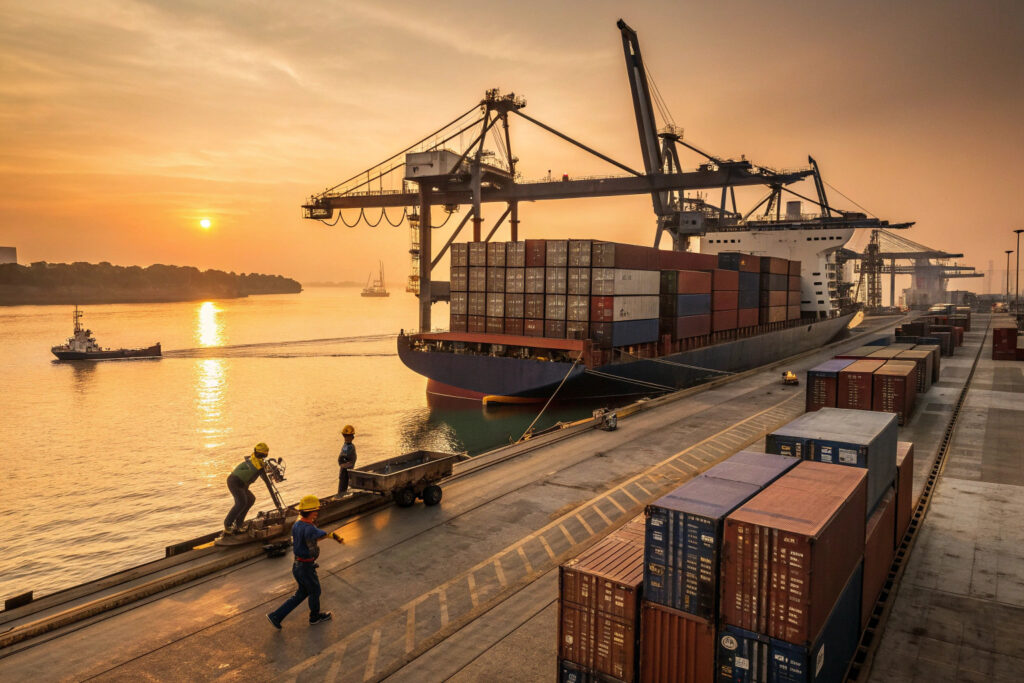
What shipping method works best for bulk mask orders?
If your order is under 2 CBM (cubic meters), air freight or express shipping via DHL Express is faster, though more expensive. For large-scale orders, sea freight with providers like Maersk is the most cost-effective. However, you need to plan for a lead time of at least 30-40 days, plus customs clearance.
How can you reduce tariff costs on PM2.5-compatible masks?
Some importers reduce tariffs by using Free Trade Agreements where applicable or by carefully classifying their goods under the correct HS code. The U.S. Harmonized Tariff Schedule can help you determine if your masks qualify for reduced duties. It’s also worth consulting a licensed customs broker to ensure compliance and avoid penalties.
Quality Control & Brand Reputation
Quality control is the backbone of any successful mask business. I have invested in a QR code-based traceability system that lets clients see detailed reports on fabric composition, shrinkage tests, and filtration performance for each production batch.
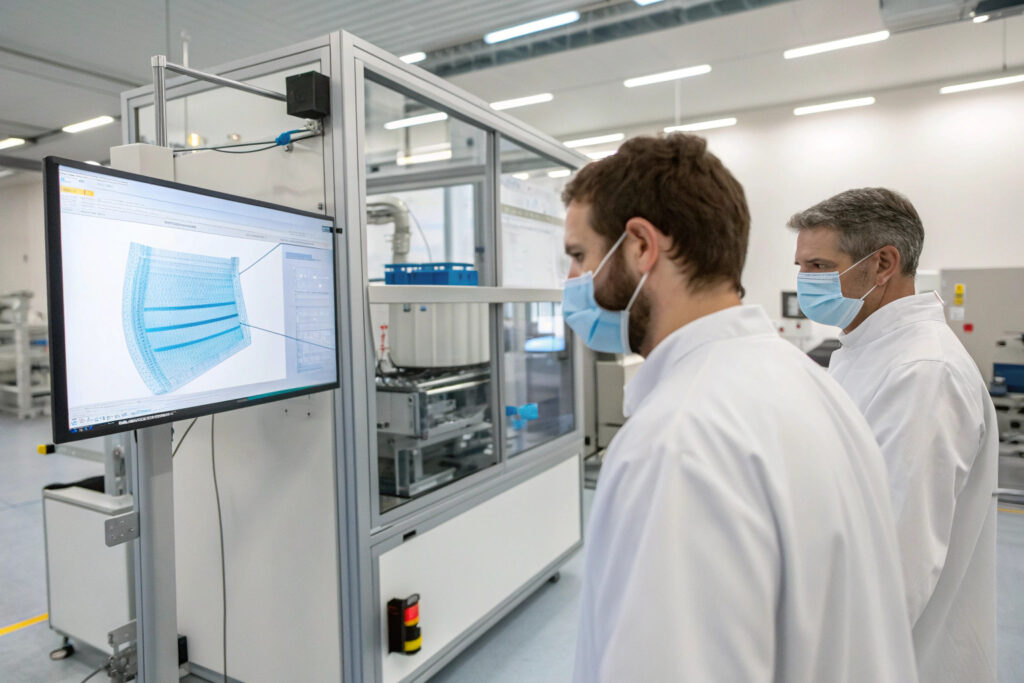
Why is pre-shipment inspection critical for overseas buyers?
Hiring a third-party inspection service before shipment ensures you catch defects early. This prevents wasted shipping costs on subpar products and protects your brand’s image. Even a single bad batch can cause serious harm to your reputation in today’s review-driven e-commerce world.
How to build long-term trust with customers through quality?
Providing transparent testing data and clear care instructions goes a long way. Many successful brands now include a washable mask care guide in their packaging, reassuring customers that their purchase is safe, durable, and backed by science.
Conclusion
Sourcing bulk PM2.5-compatible fabric masks is a strategic process that requires attention to technical standards, supplier reliability, shipping strategies, and quality assurance. If you get all four right, you’re not just buying products — you’re building a trusted brand.
If you’re ready to work with a partner who understands the global fabric mask market and can deliver consistent quality at scale, contact our Business Director Elaine at elaine@fumaoclothing.com to start your production journey today.
